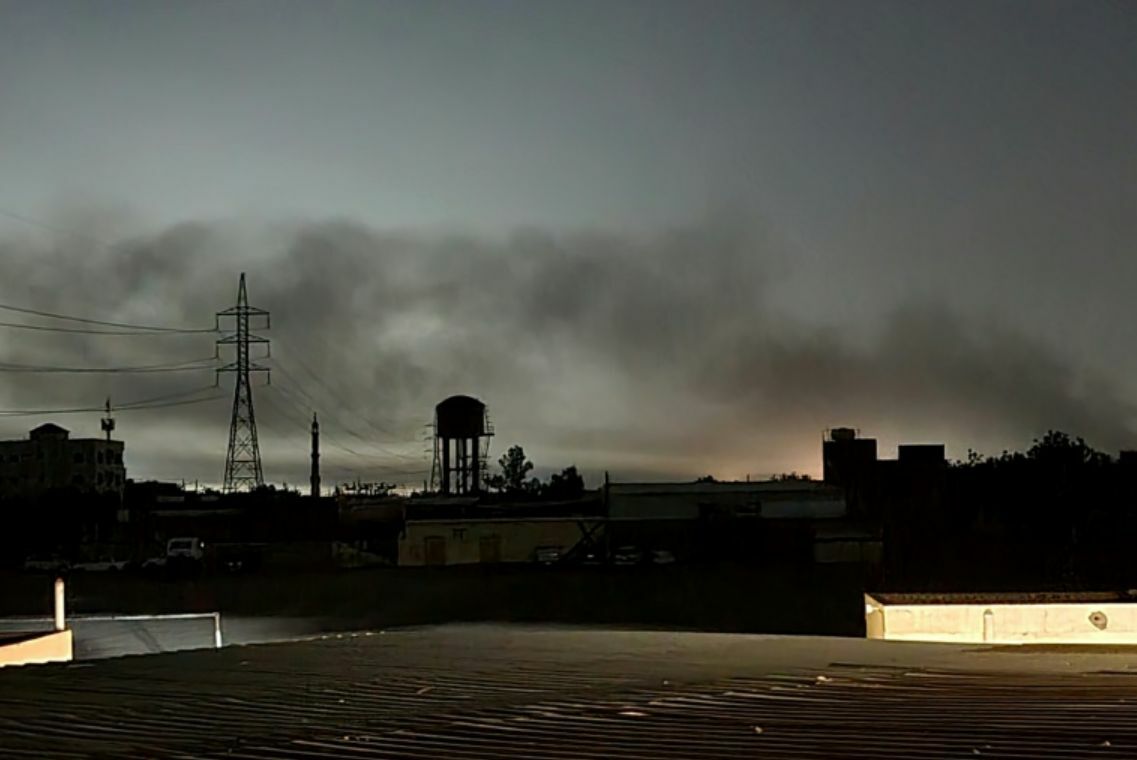Sudan’s warring parties commit to humanitarian principles amid ongoing conflict

Sudan’s warring factions signed a commitment to adhere to humanitarian principles in their intensifying conflict but did not agree to a ceasefire during challenging talks mediated by US diplomats in Jeddah, Saudi Arabia. Representatives of the military and paramilitary forces, responsible for a conflict that has claimed over 750 lives and displaced numerous citizens, signed the agreement while continuing negotiations.
The declaration stated: “We affirm our commitment to ensuring the protection of civilians at all times, including by allowing safe passage for civilians to leave areas of active hostilities on a voluntary basis in the direction of their choice.” Both sides generally committed to allowing much-needed humanitarian aid into the country and alleviating conditions in Africa’s third-largest nation after continuous looting and targeted aid attacks.
The agreement also called for the restoration of primary services, respect for the burial rites of the deceased, and the withdrawal of security forces from hospitals reports Bangkok Post.
An anonymous US official engaged in the talks revealed that a proposed plan providing for a 10-day truce, setting the stage for longer-term conflict resolution negotiations, was being considered. The official stated, “This is not a ceasefire. This is an affirmation of their obligations under international humanitarian law, particularly with regard to the treatment of civilians and the need to create space for humanitarians to operate.”
The official also expressed cautious optimism that the document could create sufficient momentum to bring relief supplies into the country. However, they confirmed that the opposing factions remained significantly divided during the discussions.
Since the onset of the war on April 15, at least 18 humanitarian workers have lost their lives. United Nations agencies and NGOs temporarily halted their operations in Khartoum and Darfur due to the violence, eventually resuming work in some places yet still encountering conflict. The UN’s World Food Programme claimed millions of US dollars’ worth of food had been stolen in Khartoum.
For the first time, a method to oversee potential ceasefire arrangements was agreed upon by the parties involved, officials disclosed. A second US official described the negotiations as “very tough” and recognized that both sides might exploit the ceasefire monitoring for their benefit. The official speculated that extended negotiation time would make any potential ceasefire more effective.
Diplomats and experts have raised concerns about whether the factions genuinely seek peace or are more interested in overpowering their rivals. The strife began when paramilitary forces, established by former dictator Omar al-Bashir, resisted integration into the military as part of the transition to civilian rule.
The United States negotiated a temporary truce and warned of sanctions on the warring parties following the truce’s expiration. However, some US lawmakers have expressed concern that the focus on the generals effectively marginalizes pro-democracy movements in Sudan.
Senator Chris Coons, a Democrat close to President Joe Biden, emphasized during a hearing on Wednesday, “We cannot allow the civilian leadership of the groups that led the brave uprising that overthrew Omar al-Bashir to be shoved aside.”
In related news, Western countries led a motion within the United Nations’ top rights body to bolster abuse monitoring in Sudan, which was narrowly passed, with 18 Human Rights Council members voting in favor, 15 against, and 14 abstaining. The decision expanded the remit of an existing special rapporteur.
Latest Thailand News
Follow The Thaiger on Google News:


























